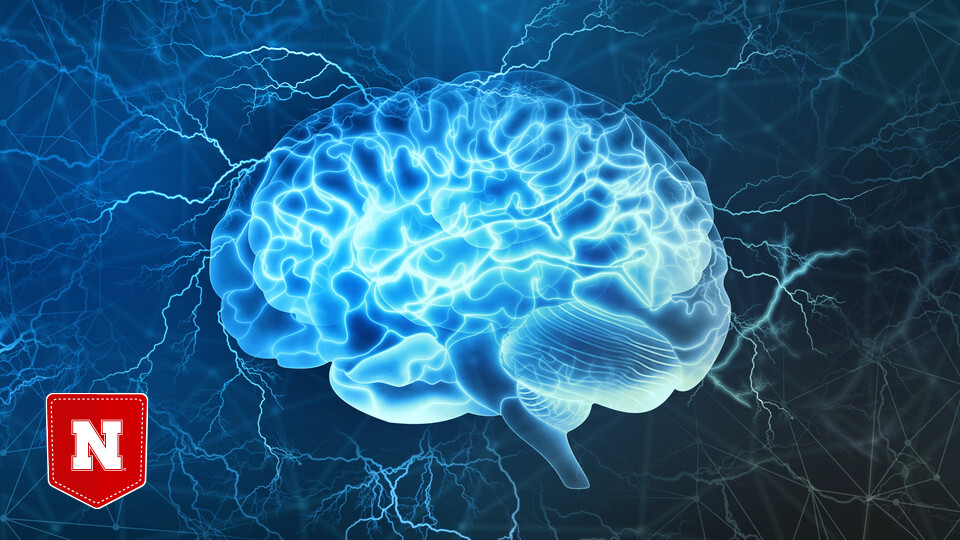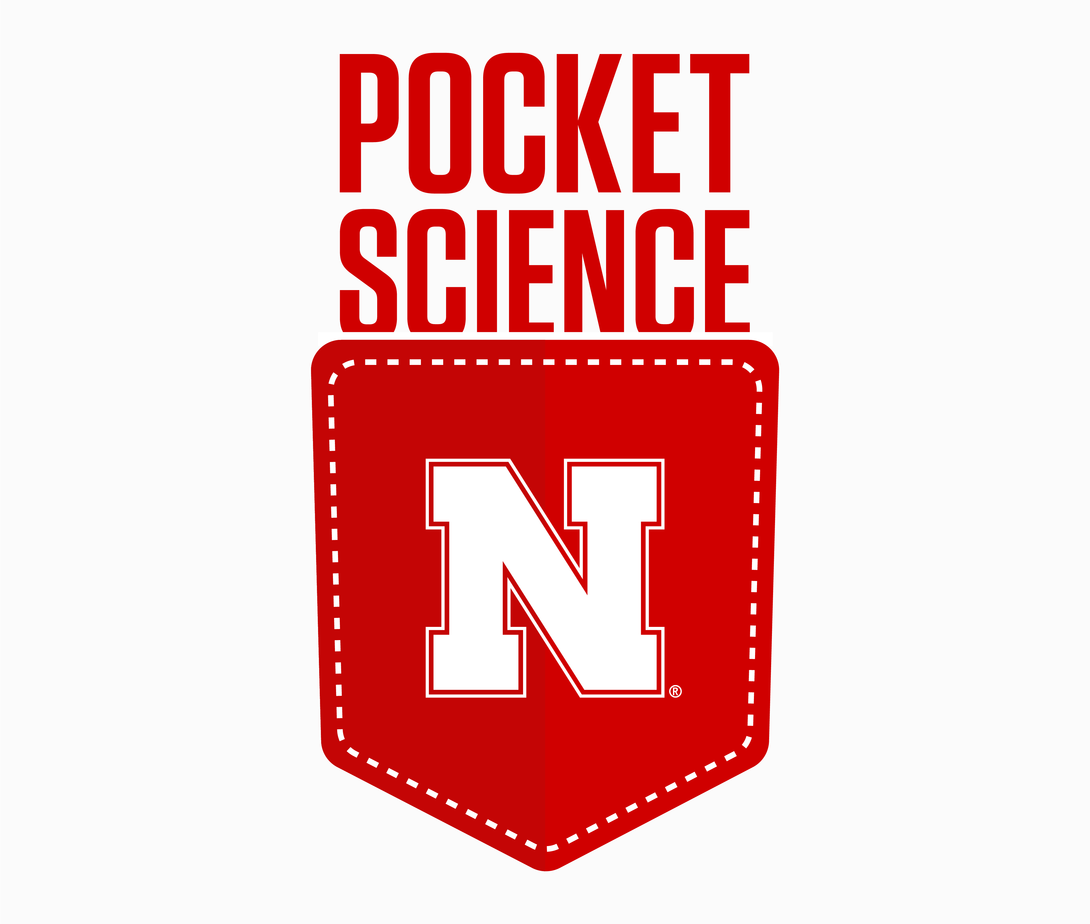
Welcome to Pocket Science: a glimpse at recent research from Husker scientists and engineers. For those who want to quickly learn the “What,” “So what” and “Now what” of Husker research.

What?
How we remember things, and how we falter in those memories, is a process that has been studied for decades, but human episodic memory is still poorly understood.
Using electroencephalogram technology, or EEG, John Kiat, a doctoral candidate, and Robert Belli, professor of psychology, were able to show that people who have less ability to sustain their attention long-term are more susceptible to creating false memories.
So what?

Kiat and colleagues in the Center for Brain, Biology and Behavior were able to demonstrate how a slow wave neural response — associated with sustained attention over extended time periods — predicted false memory formation during a later misinformation task, in which respondents were given a true-false test regarding images and narratives they’d read.
Participants who were less able to sustain attention were more vulnerable to false memory.
Understanding points of failure in memory-making such as this one help scientists learn how the episodic memory system works, which has direct, practical applications in the criminal justice system where many cases rely on eyewitness testimony.
Now what?
Kiat plans to continue to work on uncovering the role of basic processes in the episodic memory system to help further explain its operation.







